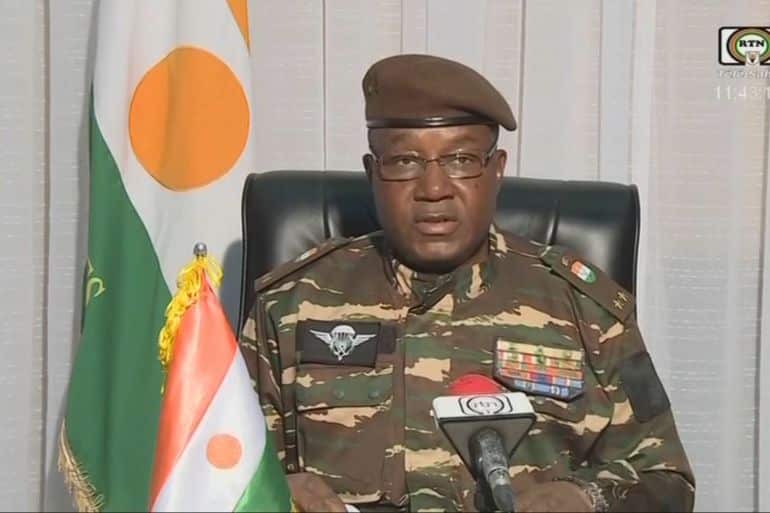AU Suspends Niger: The Complex Aftermath Of A Military Coup

Junta Releases High-Profile Detainees in Niger
On Tuesday, Niger's military junta made a significant announcement, revealing that approximately 50 detainees, including former ministers from the ousted government, have been released. This decision aligns with the recommendations from a "national conference" that took place in February. The move underscores a potential shift in the junta's approach to governance, but one key figure remains absent from this wave of freedom: former president Mohamed Bazoum, who is still under detention.
Among those released are notable figures such as former oil minister Mahamane Sani Issoufou, the son of ex-president Mahamadou Issoufou, who led the nation for a decade starting in 2011. Other high-profile names include ex-defense minister Kalla Moutari, former finance minister Ahmat Jidoud, and former energy minister Ibrahim Yacoubou. This list also features Foumakoye Gado, the president of the PNDS (the former ruling party), journalist Ousmane Toudou, and Alat Mogaskia, the former ambassador to Nigeria.
A Step Toward Reconciliation—or a Strategic Move?
In a statement aired on public television, the government’s general secretariat explained, "These individuals are being released in accordance with the recommendations of the National Forum for Reconstruction." This forum, held earlier this year, effectively granted General Abdourahamane Tiani the authority to lead Niger for the next five years. Tiani, who previously headed the presidential guard, assumed the presidency following the military coup in July 2023.
Read also:Basketball Legends Turned Hollywood Stars A Closer Look
At his inauguration last week, Tiani emphasized his commitment to fostering unity in the nation. He stated, "I wish to reiterate my commitment to always work for forgiveness and reconciliation among Nigeriens. The forgiveness and reconciliation we call for cannot conflict with the legitimate aspirations of Nigeriens for justice." This rhetoric suggests a desire to heal the nation, but the continued detention of Bazoum raises questions about the sincerity of these efforts.
Bazoum’s situation remains unresolved, with his immunity lifted following the coup. Despite international pressure for his release, no trial date has been set for him. Meanwhile, soldiers previously convicted of coup attempts or endangering state security have been freed, including General Salou Souleymane, the former chief of staff, and three other officers sentenced in 2018 to up to 15 years in prison for plotting against President Issoufou in 2015.
A New Direction for Niger's Foreign Relations
Since taking power, the junta has dramatically altered Niger's foreign policy. They have severed ties with France, expelling French and American troops who were stationed in Niger to combat jihadist groups. This move signals a clear shift away from Western influence and toward closer cooperation with other nations in the region.
Niger has also distanced itself from regional organizations like the Economic Community of West African States (ECOWAS). Instead, it has strengthened alliances with neighboring countries Burkina Faso and Mali, both of which are also under military rule. Together, these nations have formed the Alliance of Sahel States (AES) and increased their collaboration with Russia. Foreign ministers from the AES are scheduled to visit Moscow later this week for discussions with Russian Foreign Minister Sergei Lavrov.
While the junta's actions may reflect a desire to forge a new path for Niger, they also highlight the complexities of navigating international relations in the wake of a coup. As the nation continues to grapple with its newfound leadership, the world watches closely to see how these developments will shape its future.
Kogi Government Hits Back: Senator Natasha Faces Legal Consequences For Baseless Allegations
Nigerian Army Invites You To Join: 89th Regular Recruits Intake Now Open
Nigeria's NIN Registration: A Closer Look At The Numbers


